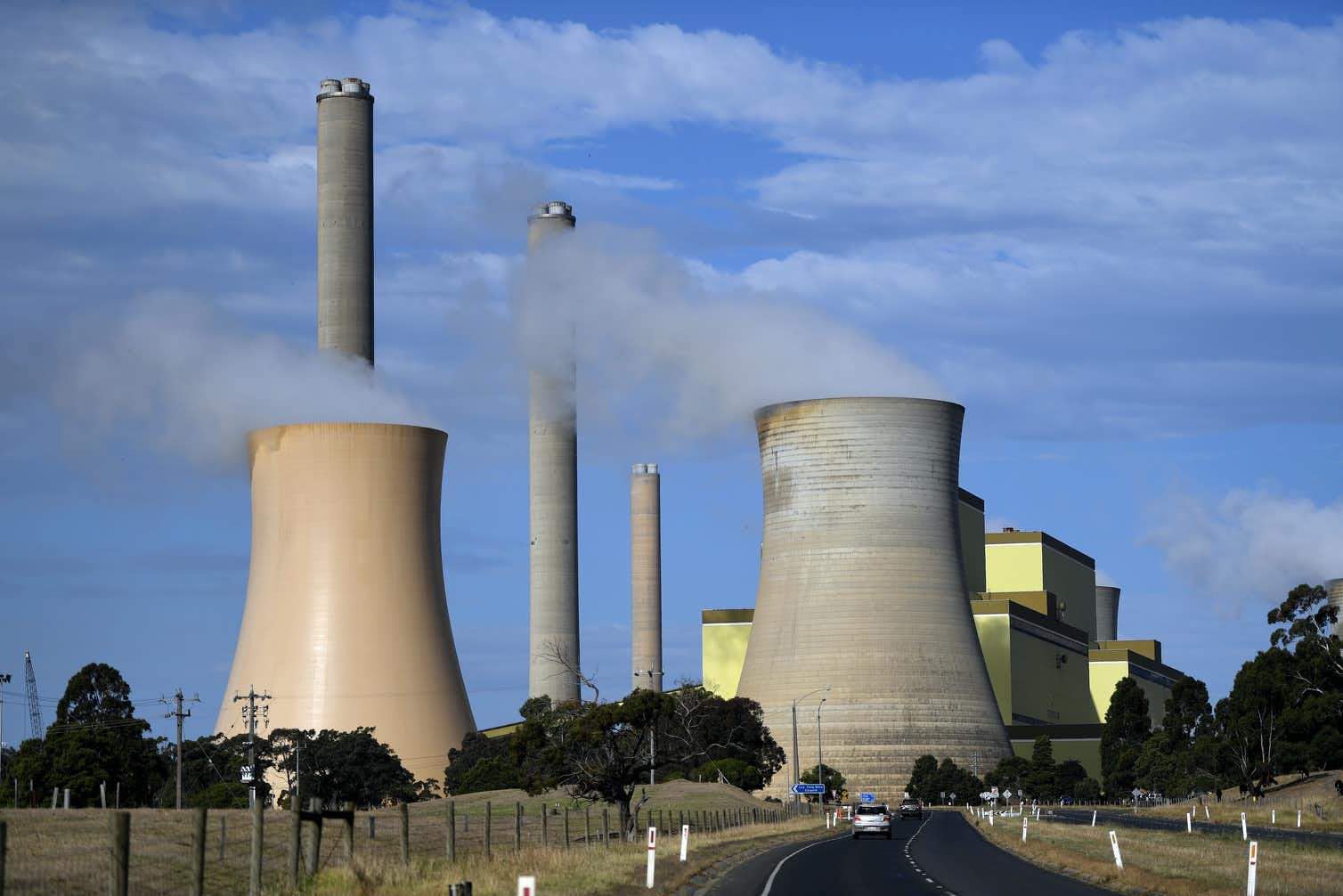Federal Labor has binned hundreds of millions of Kyoto “carryover” carbon credits, permanently removing the option for them to be used in to shrink Australia’s emissions reduction task and shirk its climate responsibilities.
Federal energy and climate minister Cris Bowen announced the move on Friday, day two of the 10th Australasian Emissions Reduction Summit in Sydney, and confirmed it in person at the event.
“My colleague, assistant minister Jenny McAllister, has signed the instruction which cancels them, they’re gone,” he told the summit on Friday morning.
Australia’s surplus Kyoto credits, which had amassed to more than 700 million, have for years been a blight on Australia’s climate efforts, even when those efforts themselves amounted to the better part of nothing at all.
In 2019, the Morrison Coalition government had sought to use the credits, created under the Kyoto Protocol through soft targets and convenient accounting loopholes, to further minimise its already paltry climate mitigation efforts.
As RenewEconomy reported at the time, a large chunk of the negotiations at the COP25 talks in Madrid were spent debating the issue of surplus emissions permits leftover from the Kyoto Protocol – and the efforts of certain countries to keep and use them as the world transitioned to the Paris Agreement.
Analysis from Climate Analytics had estimated that if the surplus units were carried over and used against countries’ 2030 emissions reduction pledges, they could reduce global ambition by as much as 25 per cent.
As Bowen noted on Friday, the Albanese government had no intention of using the carryover credits, but has now moved to cancel them so future governments could not go down that path.
“Without this strong action, more than 700 million credits – representing more than a year’s worth of national emissions, could have been used in dodgy accounting in years to come,” he said.
“We can’t trust the coalition to do the right thing if they were ever to get into government again. Lured by dodgy accounting tricks rather than genuine abatement.”
No carbon price
Speaking to Fran Kelly in a Q&A after his speech at the emissions summit Bowen once again ruled out the implementation of an economy-wide carbon price, arguing this would be a policy step backwards for Australia.
“We certainly won’t be introducing anything like an economy wide carbon price,” he said.
“Australia is the only country that’s done it and then repealed it in the world …So you’re reigniting the climate wars if you do that, I think – and the times have changed.
“The price signals about renewable energy are a lot different in 2023 than they were in 2009. So that’s why we’ve gone down the sectoral approach.”
We need carbon credits
But Bowen also stressed the need for carbon offsets and for integrity in crediting “real carbon abatement” as Australia races to meet 2030 emissions reduction targets.
“The ACCU scheme must deliver real and additional abatement that contributes to our legislated emissions reduction targets under the Paris Agreement,” he said.
“It is not a charity to reward landholders for good land management, but a scheme to drive activity that would not otherwise occur.
“With our Safeguard Reforms having commenced on July 1, ACCUs are a key tool for industry in hard-to-abate sectors to contribute to the over 200 million tonnes of abatement required by the reforms to 2030.
“The Chubb Review concluded that the scheme has the necessary integrity, but some important changes are needed to improve it.”
Speaking at the summit on Thursday, Carbon Market Institute CEO John Connor, too, made the case for the key role carbon credits have to play in the global climate effort – a role he said was becoming increasingly misunderstood.
“I support efforts to give greater integrity to carbon crediting mechanisms, but they are not the enemy,” he said.
“We should not conflate inadequate decarbonisation strategies with the work to improve carbon crediting regimes and markets.”










